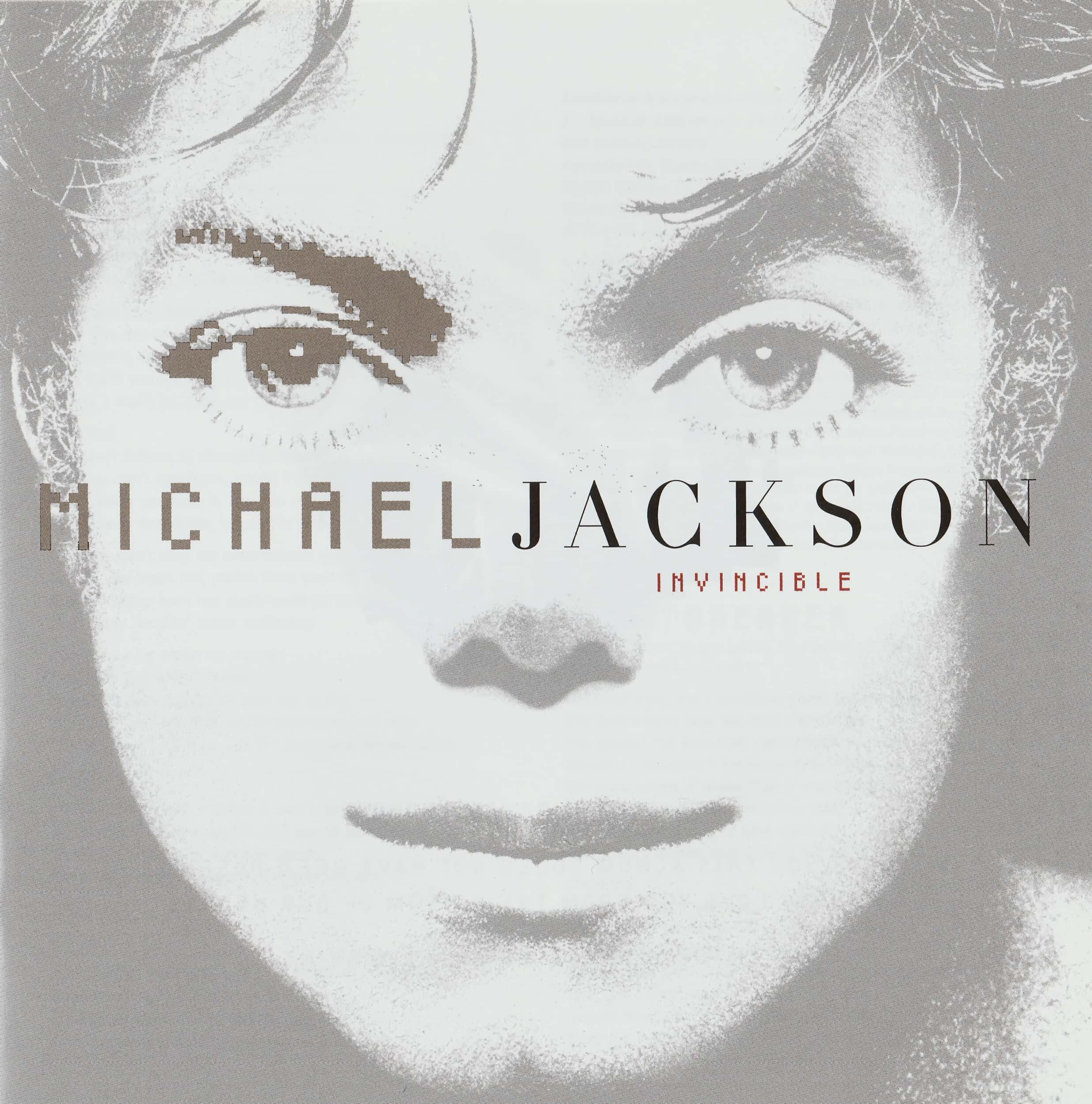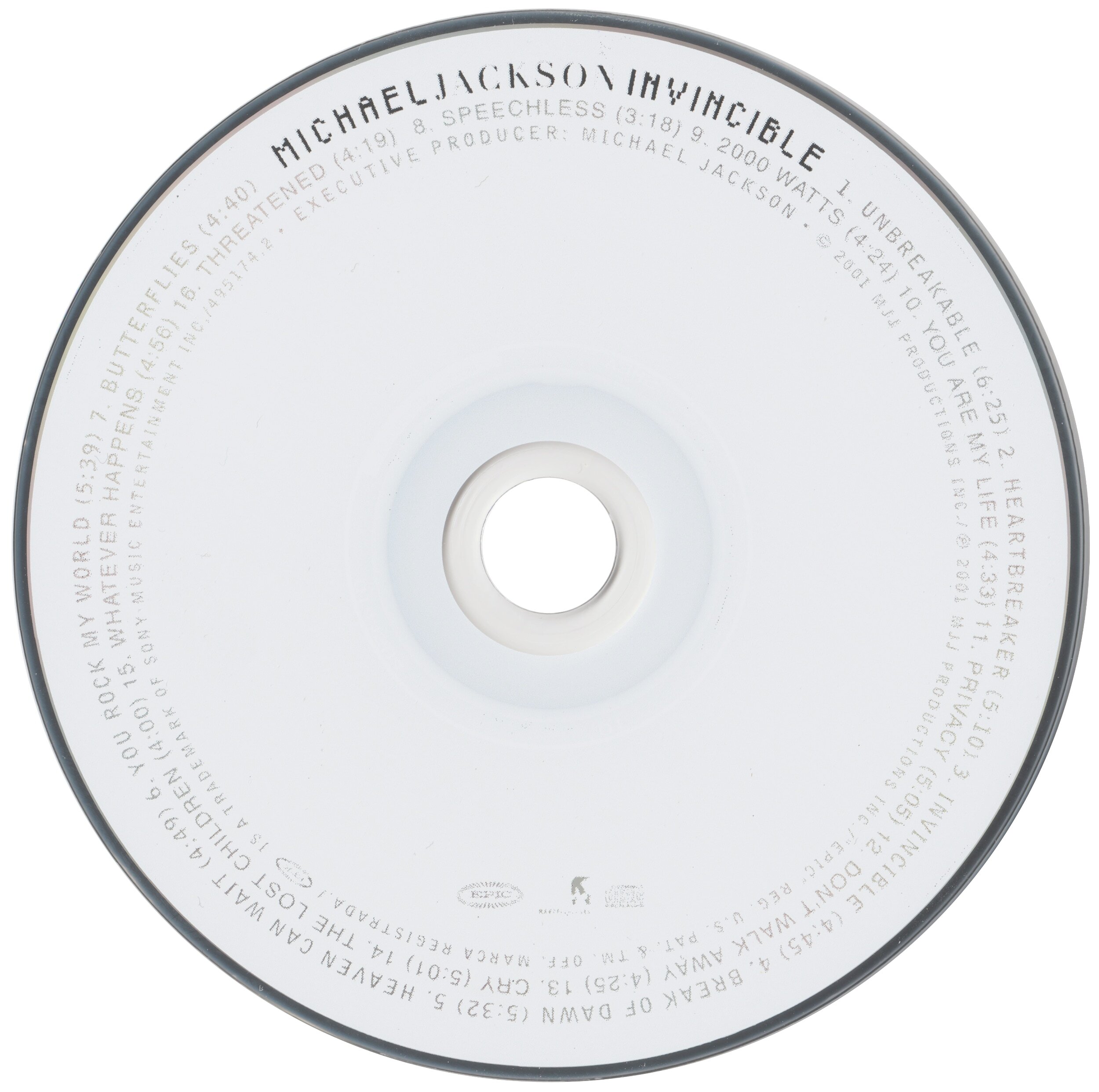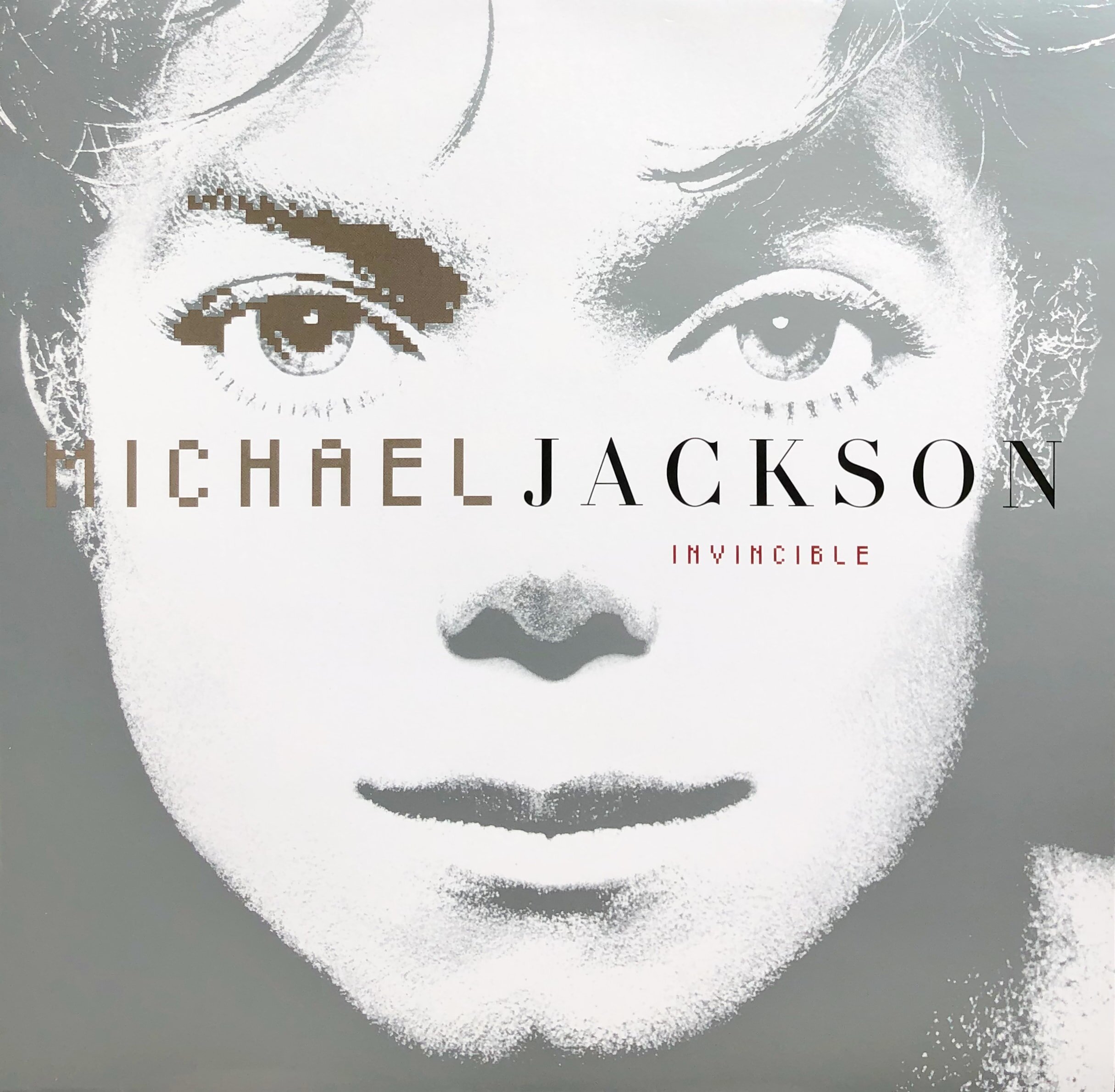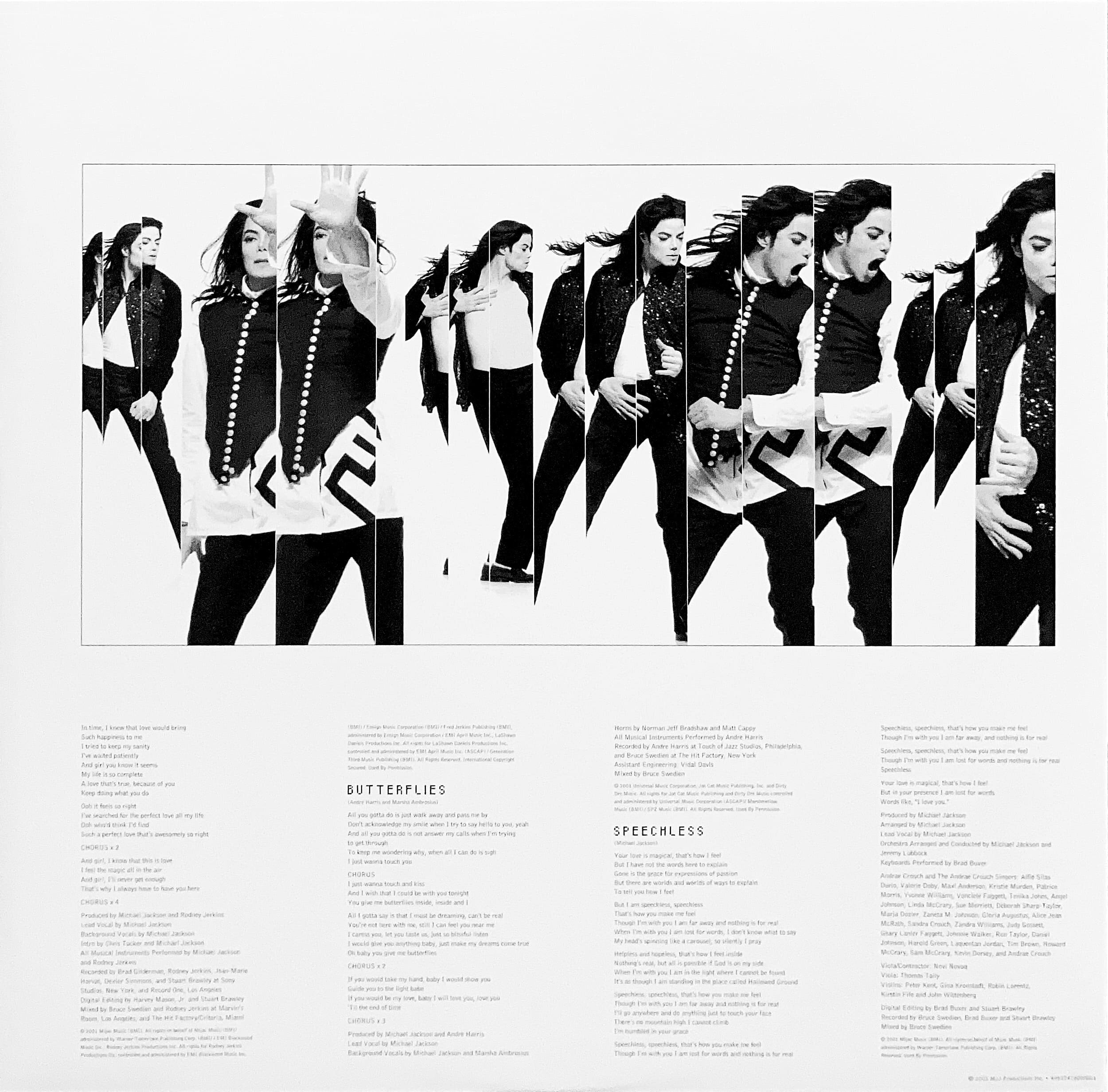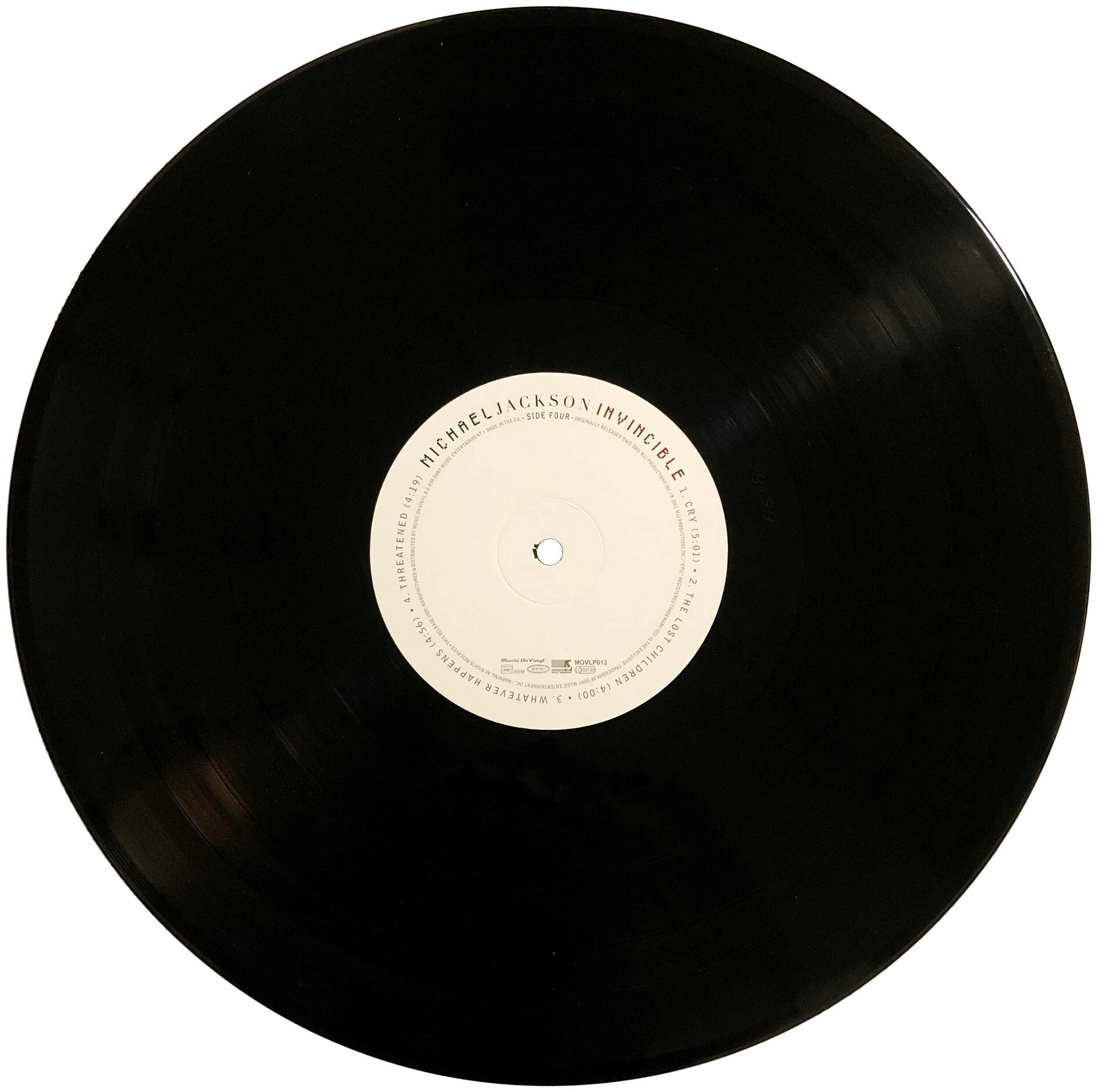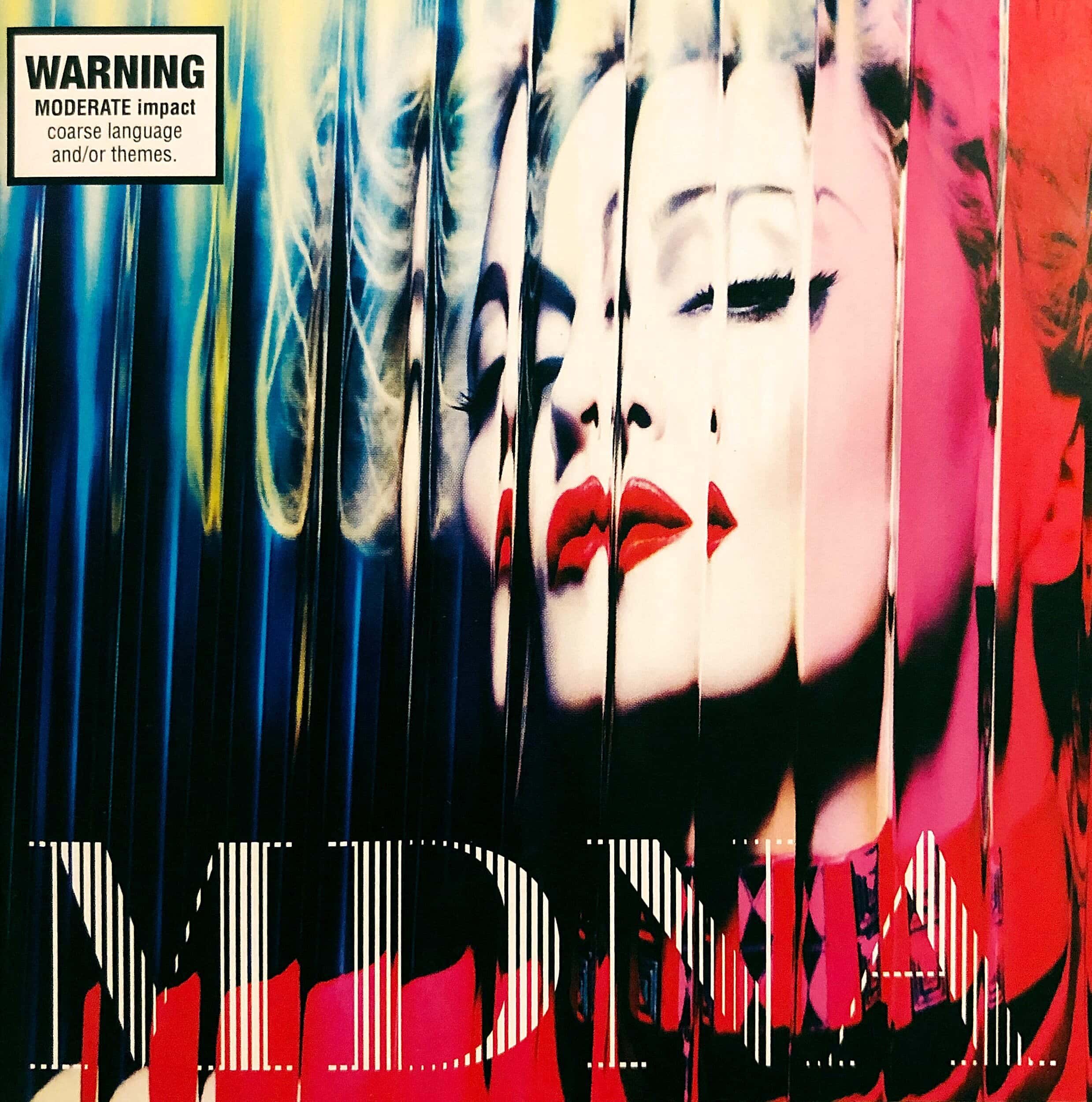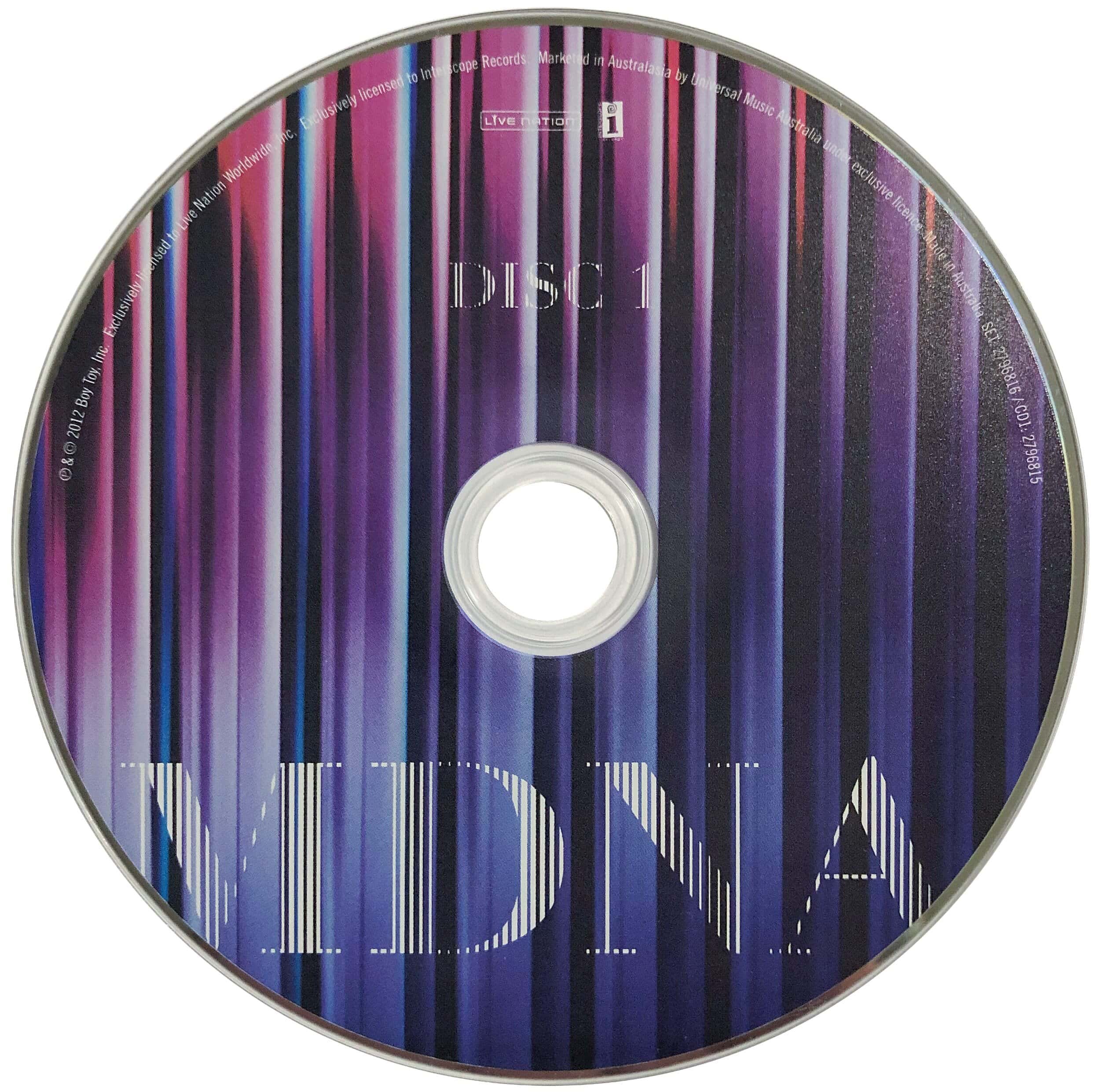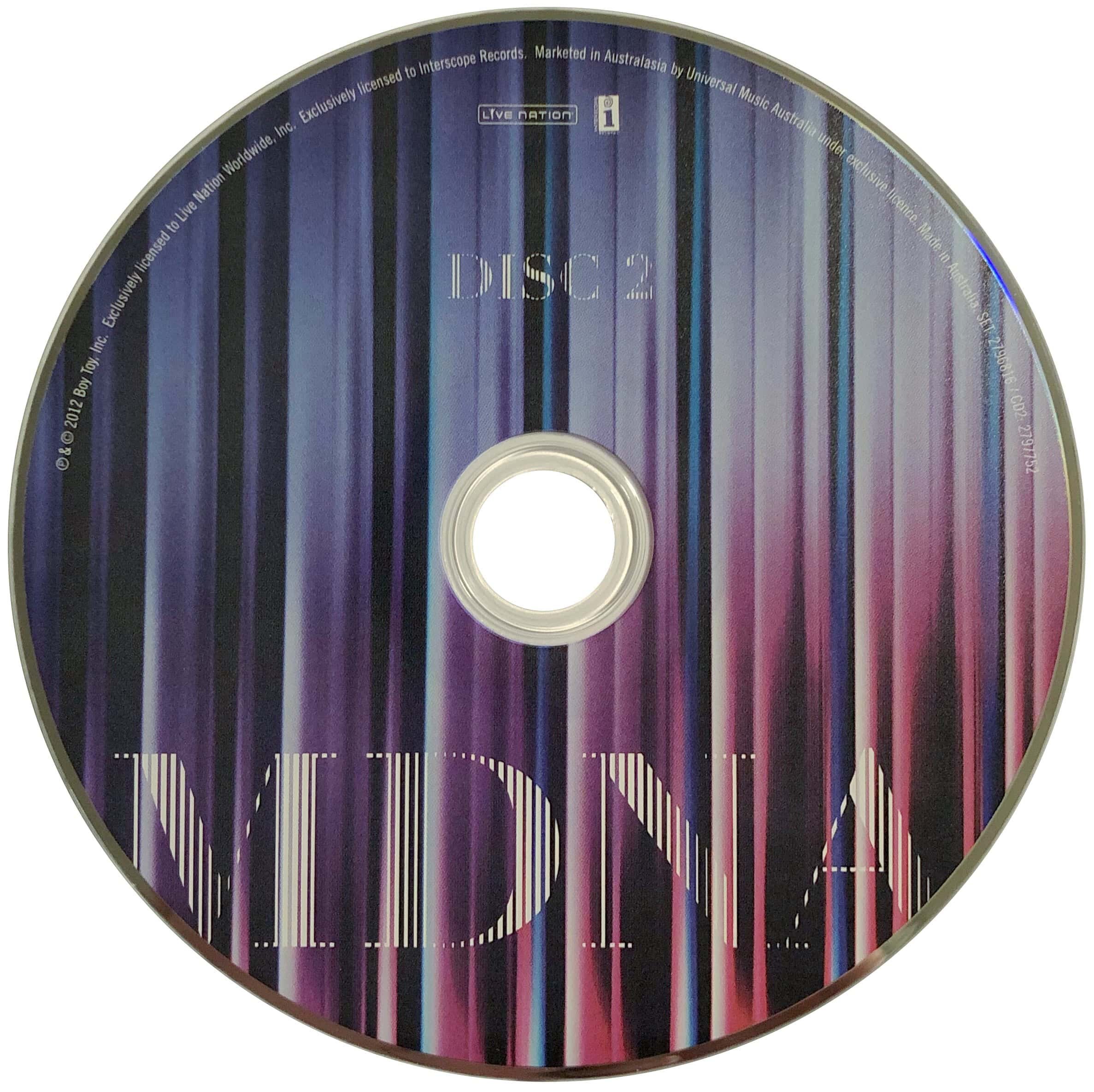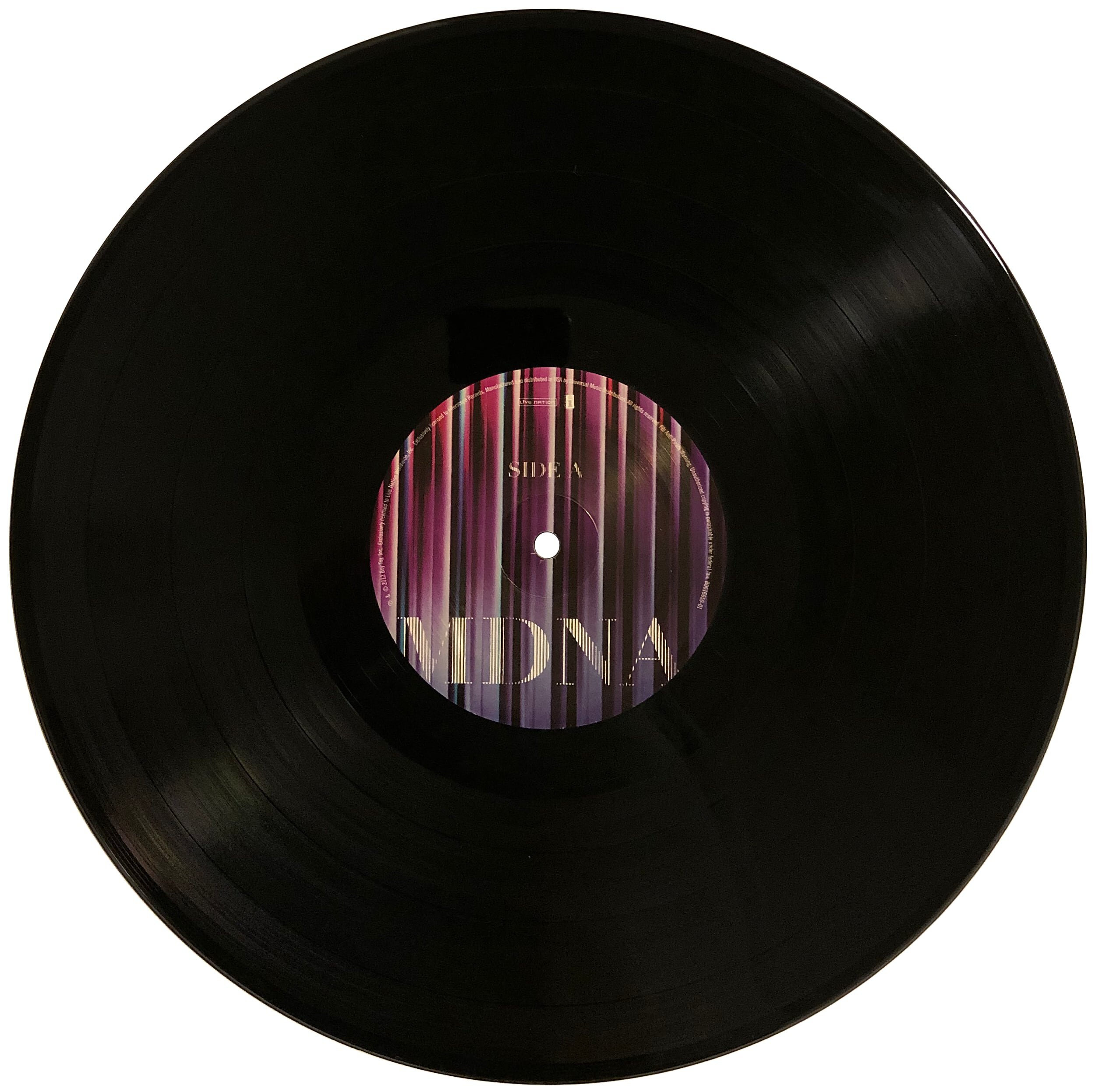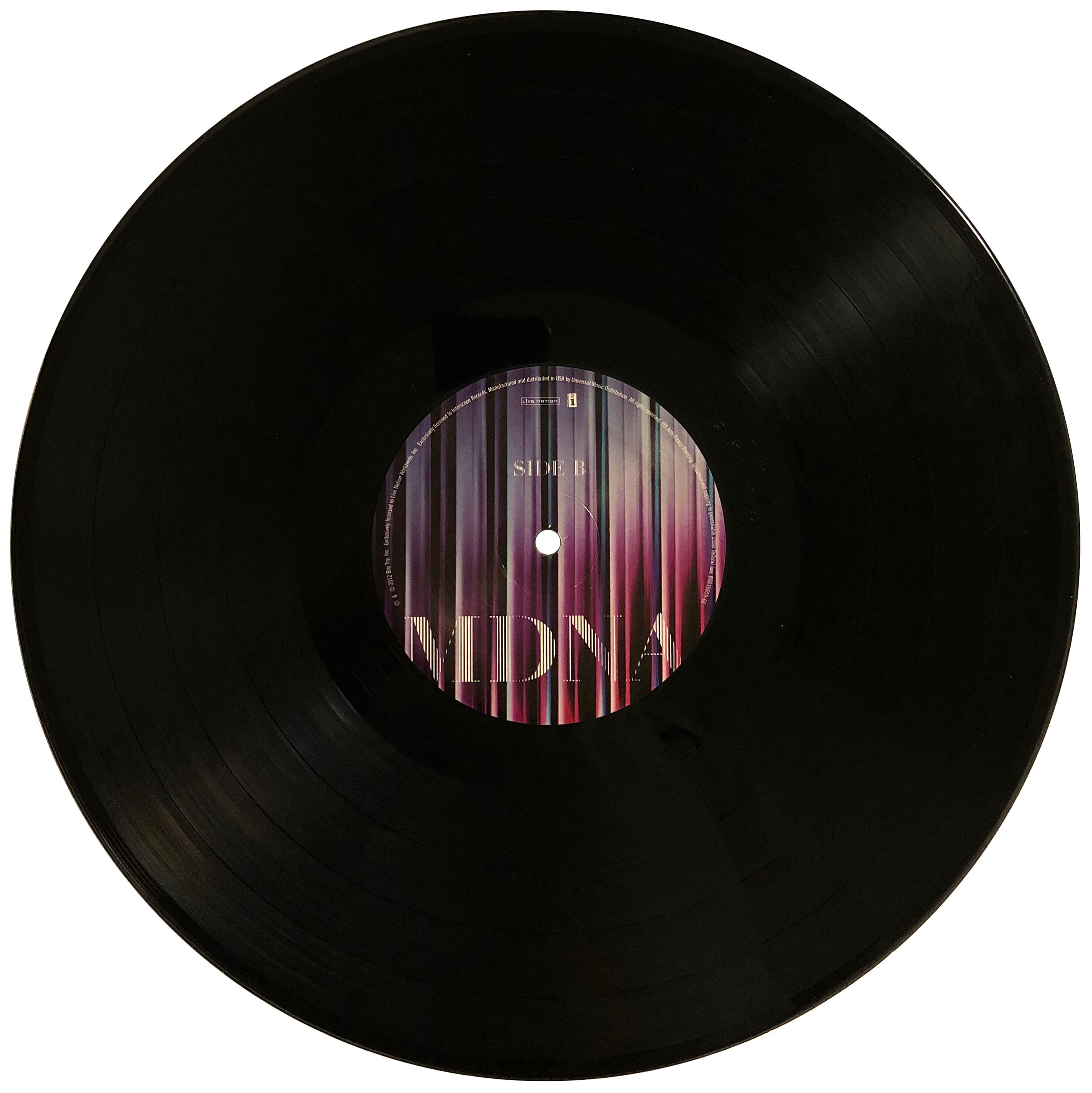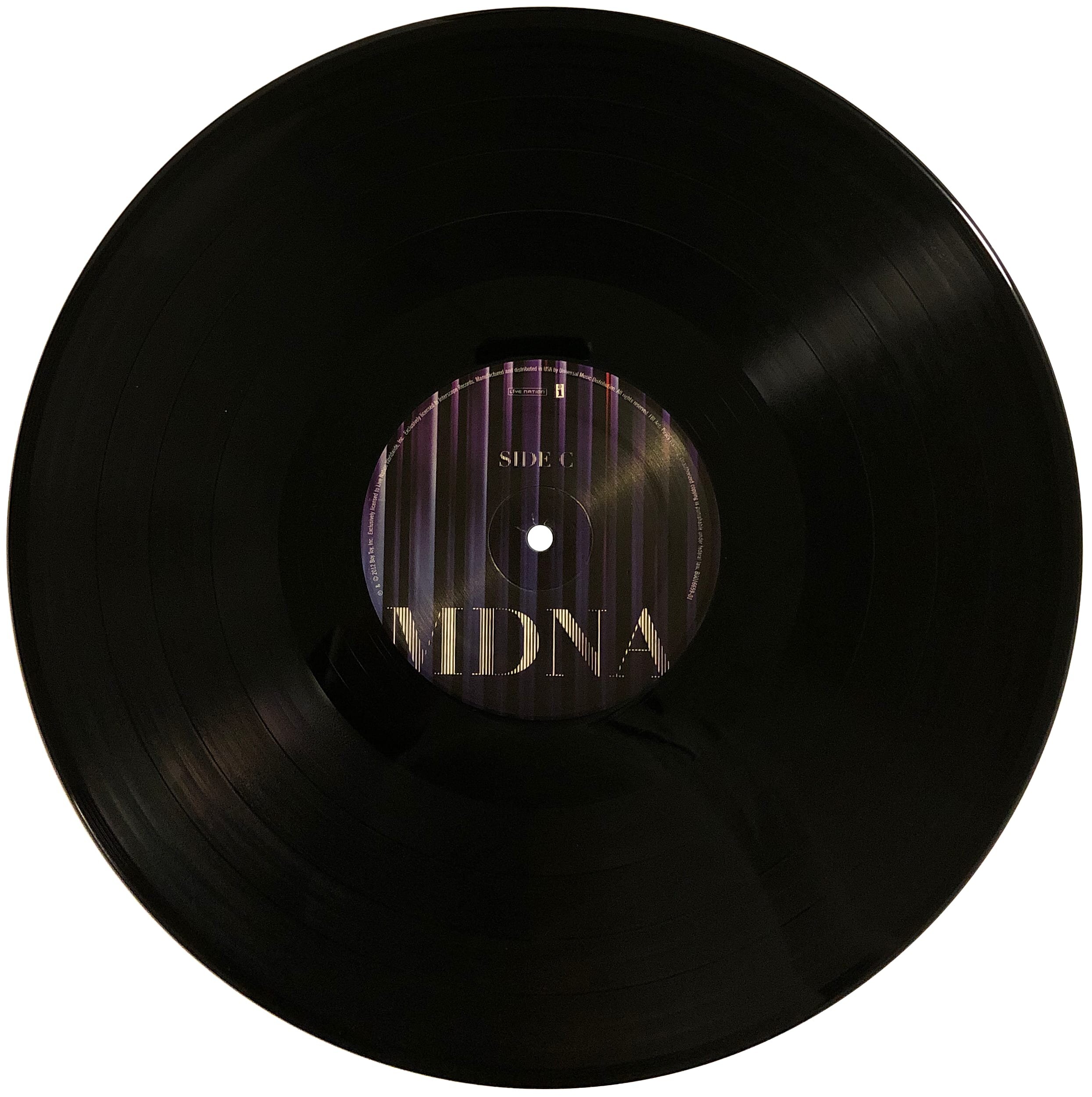Many would point to the Bee Gees as the kings of the disco era, subsequently typecasting them to that genre, but their diversity throughout their back catalog showcases that they were more than a bell-bottom-wearing flash-in-the-pan band. Spirits Having Flown was, after all, their fifteenth studio album but what the Bee Gees did better than anyone else during the disco era was to lean so completely into the style that there was no room for doubt as to their intentions and aspirations. The result is some of the very best pop music, with a disco vibe, ever recorded; particularly from 1979.
Yes, the incredible Saturday Night Fever soundtrack, Children Of The World, and Main Course could also be regarded as some of their greatest works, but there’s something special about Spirits Having Flown that I’ve never quite been able to quantify. Perhaps it’s that it signalled, in retrospect, the end of the era for their 1981 release, Living Eyes was somewhat of a disappointment as the Bee Gees dramatically shifted their focus back to pop-styled music; a style they had not applied continuously since the 1974 release, Mr. Natural.
As it pertains to the sonic qualities of Spirits Having Flown, I’ve yet to be blown away. The music is extraordinarily good, as is the mix, and I never tire of the focus placed on Barry Gibb’s falsetto vocal, but the remastering heard on the lossless Apple Music Stream is merely adequate. Think of it this way, it’s not bad, not by any means, but it could be so much better. A minor contradiction, yes, but the remaster is a little too clean and sterile and thereby loses the emotive element. There is additional hope, however, as in 2020 a vinyl reissue was released to little-to-no fanfare; always a concern especially considering the status of the Bee Gees, but as I’ve yet to hear it, I will reserve any further comment until I actually obtain a copy and update this review.
The album artwork is iconic, and subsequently picking up a vinyl copy is worthwhile for that very reason, yet I’ve never fully comprehended the red swath at the base of the album cover. What it represents is lost to me but it does strangely make the artwork stand out from the crowd; a key aspect when releasing albums in an era where the visual element was as important as the music itself.
Tragedy is not only a quintessential Bee Gees song, but it was the ideal choice to open the album on. Rhythmically charged, with some killer guitar moments, and arguably only beaten in that regard by Stayin’ Alive, Tragedy is one of their very best recordings and while the Bee Gees catalogue is extensive, traversing several styles and genres, few would argue that this song doesn’t belong in a Top 10 list of the best Bee Gees songs ever recorded. Magnificent!
Too Much Heaven is a majestic ballad with symphonic and intermingling vocal elements that prove just how essential it is to get the mix right. The orchestral musical accompaniment can’t be understated for it forms the overall sound of the song, but it is the combination of all elements, perfectly positioned in the soundstage, that makes Too Much Heaven a timeless masterpiece.
The music video is, for lack of a better term, perfect! Recorded in a studio environment, and also lacking the rhythm that made videos such as Stayin’ Alive so popular, it maintains an interest because it plays to the beloved harmonies of the Bee Gees. When watching the music video it also became apparent to me that they would have had to know, at the time of recording, just how well Too Much Heaven would be received for even the most self-critical person couldn’t deny a masterpiece was in the making. To say I would have liked to have been a fly on the wall is an understatement and I can only imagine how exciting it would have been to have been part of the Bee Gees’ inner circle during the recording process.
Love You Inside Out is pure magic; it’ll get you on your feet, dancing, even if you, like I, have two left feet. Besides the rhythm, I long to hear Alan Kendall’s lead guitar work for his licks are incredible and while it isn’t the focal point of the music, the distortion, including the slide, in the chorus, is hypnotic.
If you’re looking for a killer instrumental cover of Love You Inside Out, look no further than Arturo Tappin’s exceptional jazz-styled version from Inside Out.
Reaching Out slows the tempo a little but it’s such a beautiful composition that the shift doesn’t detract from the overall flow of the album. While the initial verse structure can be a little slow, once the song reaches the chorus it really takes off and becomes a solid tune in and of itself.
Spirits (Having Flown) gives us a break from Barry’s falsetto vocal, during the verses at least, thereby providing a vocal contrast that strengthens the song overall. It’s a solid title track but, not unlike Reaching Out, it is the chorus that takes this song to another level entirely.
Search, Find is a party starter with some great horns opening things up. The upbeat tempo makes it a great toe-tapper, but it is that bass guitar tracking that gets me every time. Search, Find very well could have been a Motown tune as it has that type of groove but, either way, this is one song that will have you moving towards the dance floor.
Stop (Think Again), in comparison to Search, Find, is a little sombre but I’d be lying if I didn’t say how much I enjoy this song. For me, it’s the musical elements that make the song. The soundstage is three-dimensional and you feel as if you’re in the middle of an incredible performance that is for you, and you alone. From a production standpoint, it could be argued that Stop (Think Again) is the pinnacle from Spirits Having Flown for as good as the other songs are, they aren't as ethereal.
Living Together picks up the tempo and is most certainly a 70s tune; but who doesn’t like a little nostalgia, especially when it’s this good!
I’m Satisfied is one corny love song, but it’s a fun little tune that works well within the album structure. I couldn’t imagine Spirits Having Flown without it.
Until is a lovely vocal ballad but is considerably different from the rest of the songs on Spirits Having Flown and therefore stands out like a sore thumb. That said, Until allows the listener to reflect on the album and the tune itself thereby making it an intriguing closing song. I don’t, however, like the abrupt ending as it seems it would have been better to taper the volume off towards the end of the composition.
While there isn’t a B-side to be heard, one could argue that there is a little too much Barry on vocals throughout. Yes, the harmonies are there, and Robin and Maurice are present, but Spirits Having Flown, like no other Bee Gees album, is most certainly a Barry-first record. Depending on your perspective that could be a blessing for his falsetto vocals certainly deliver an unmistakable signature sound, but as incredible as the entire album is the Bee Gees, in my mind at least, is all about the interweaving harmonies. Regardless, Spirits Having Flown is a masterpiece from the very first note and worthy of inclusion in every music lover’s library.







